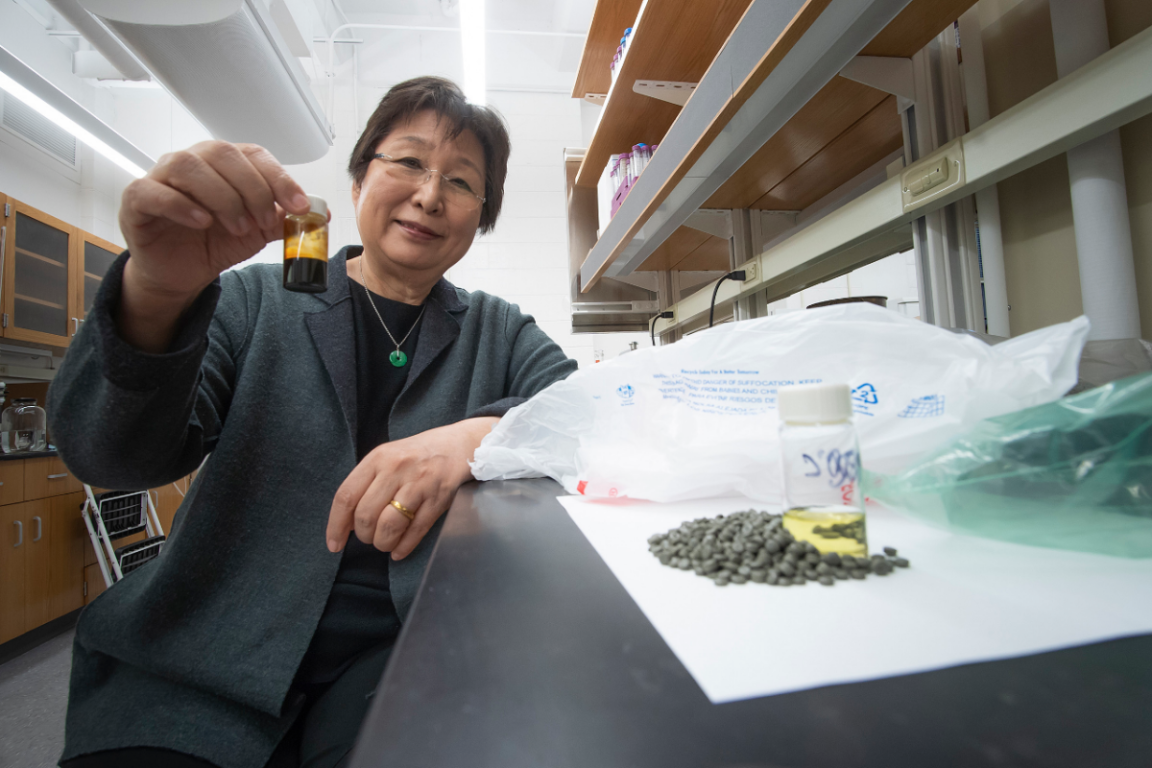
Fuel Rules
Waste plastic is choking the Earth’s oceans and poisoning its wildlife.
That’s why researchers at Purdue University are excited about a new chemical technique technique that turns waste plastic back into useful polymers — or even clean fuel.
Immortal Technique
The new technique works on polypropelene, according to a new paper published in the journal Sustainable Chemistry and Engineering, which is used to make everything from toys to snack food bags. The technique users super-heated water to convert the plastic into a gasoline-like fuel that could be used to fuel conventional vehicles.
“Our strategy is to create a driving force for recycling by converting polyolefin waste into a wide range of valuable products, including polymers, naphtha (a mixture of hydrocarbons), or clean fuels,” said Linda Wang, a researcher at Purdue University and leader of the research team behind the new technique, in a press release. “Our conversion technology has the potential to boost the profits of the recycling industry and shrink the world’s plastic waste stock.”
Waste Disposal
Polypropelene accounts for about 23 percent of the five billions of tons of plastic waste that’s been cast into landfills and the environment, according to the new research — meaning that if it could be turned into a valuable commodity, it’d create a huge incentive to recover and re-purpose it.
“Plastic waste disposal, whether recycled or thrown away, does not mean the end of the story,” Wang said. “These plastics degrade slowly and release toxic microplastics and chemicals into the land and the water. This is a catastrophe, because once these pollutants are in the oceans, they are impossible to retrieve completely.”
READ MORE: Researchers Developed a Technique to Turn Nearly a Quarter of Our Plastic Waste into Fuel [Motherboard]
More on plastic: The EU Just Voted to Completely Ban Single-Use Plastics